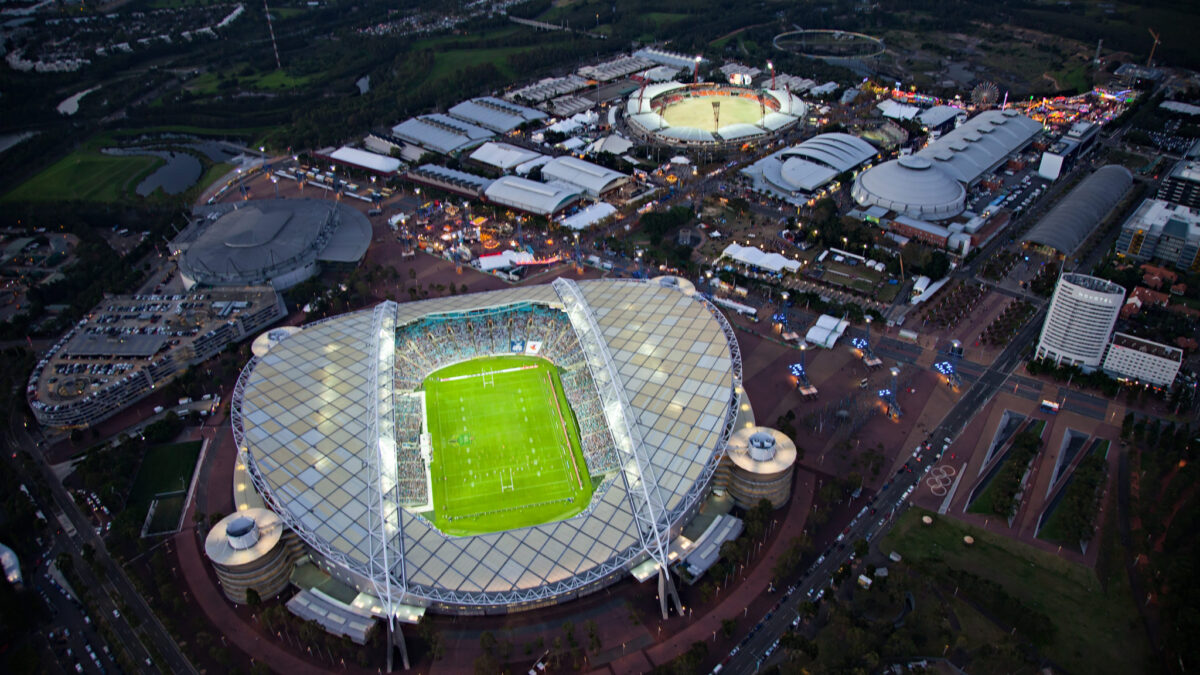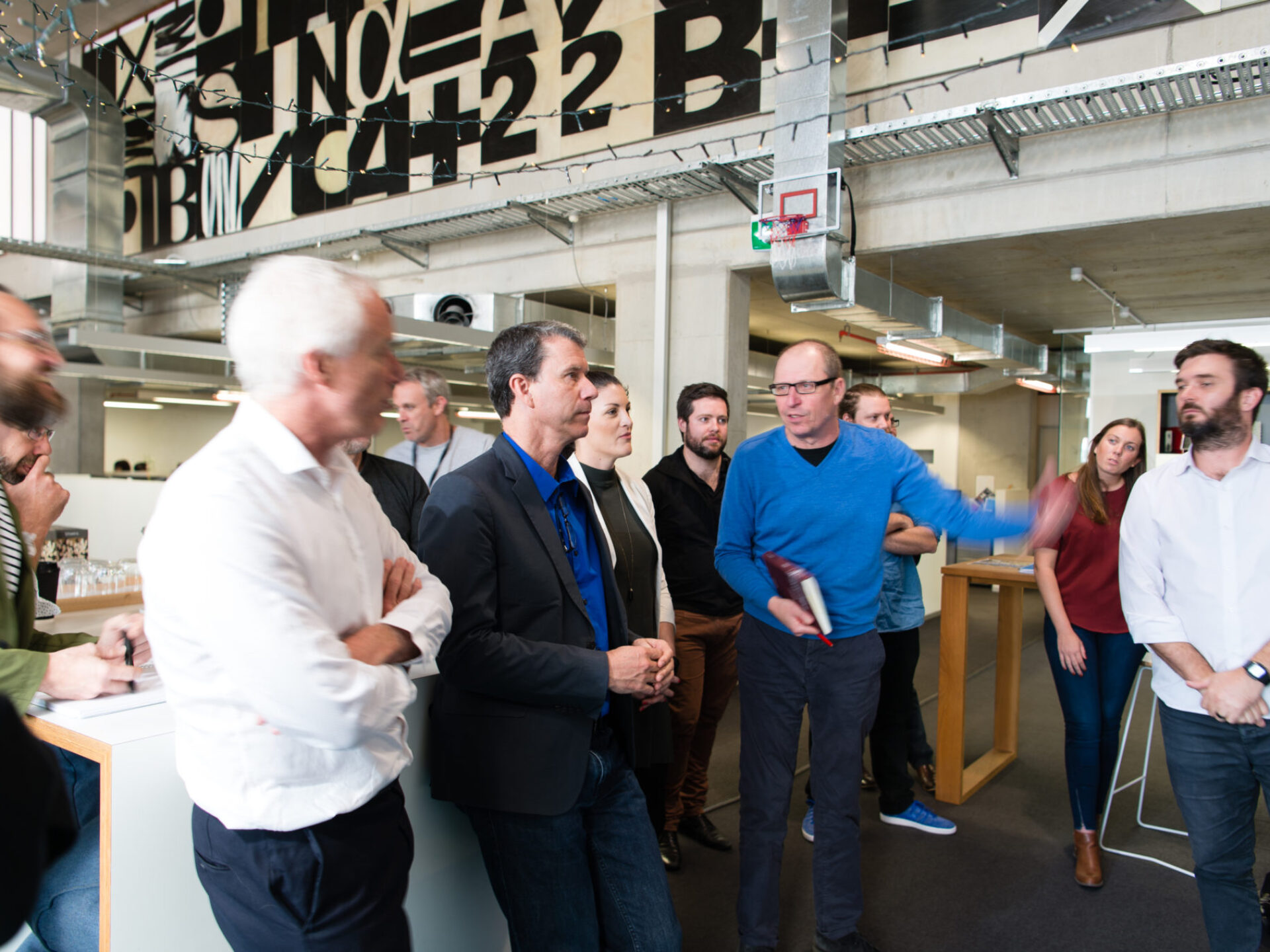News

September 29, 2020

Sustainable design has been a focus for Populous throughout much of its 35+ year history.
Long before eco-friendliness became a buzzword and sustainable practice hit the mainstream, Populous was leading the way with projects such as ANZ Stadium, which is still regarded as one of the world’s most sustainable stadia. Populous Director and Senior Principal, Chris Paterson, said the project was ahead of its time.
“ANZ Stadium incorporated many sustainable features in response to the Sydney Olympics ‘Green Games.’ The stadium’s environmental specifications in energy efficiency, water usage and recycling, building re-use, material requirements were all an integral part of our design process at Populous. The building incorporates recycled materials, maximises natural ventilation and lighting, and uses rainwater harvesting to reduce the facility’s energy needs and operating costs,” Chris said.
Other innovative sustainability measures in the main stadium include recycling rainwater from the roof into underground storage tanks and a range of passive design measures such as ventilation and natural cooling and heating.
ENERGY: Passive/natural ventilation through the open concourse design
WATER: Four rainwater harvesting tanks collected water from the stadium roof and plug into the overall water usage.
MATERIALS: The environmental strategy was part of the bid document and included as part of the environmental tender specifications
TRANSPORT MANAGEMENT: An emphasis on integrated sustainable transport in the Olympic Park masterplan resulted in the addition of a new railway line to Homebush Bay
“Rising heat and temperatures and severe storms have the potential to postpone or cancel events, and the roof design for stadiums have become an important factor in design. In today’s terms, one other major element to consider when future proofing sport in Australia is climate change. It’s vital to future proof sport through roof design to avoid interruptions and so a game can continue under 40-degree heat and extreme weather events. We believe good design isn’t just about creating places where people love to be together. It is about looking at a building’s ecosystem to balance people’s need for connection with each other and with the natural environment, with practical requirements such as energy use and construction requirements.“We are well positioned to embrace this change,” Chris said.
Emerging technologies are making it easier to create buildings that have a reduced impact on the natural environment. At the same time, building users’ increasing appetite for environmentally sustainable options is putting pressure on venues to provide more eco-friendly products and experiences, and adopt sustainable business practices.
Lorem ipsum dolor sit amet consectetur, adipisicing elit. Non facere corporis et expedita sit nam amet aut necessitatibus at dolore enim quis impedit eius libero, harum tempore laboriosam dolor cumque.
Lorem, ipsum dolor sit amet consectetur adipisicing elit. Illo temporibus vero veritatis eveniet, placeat dolorem sunt at provident tenetur omnis, dicta exercitationem. Expedita quod aspernatur molestias eum? Totam, incidunt quos.